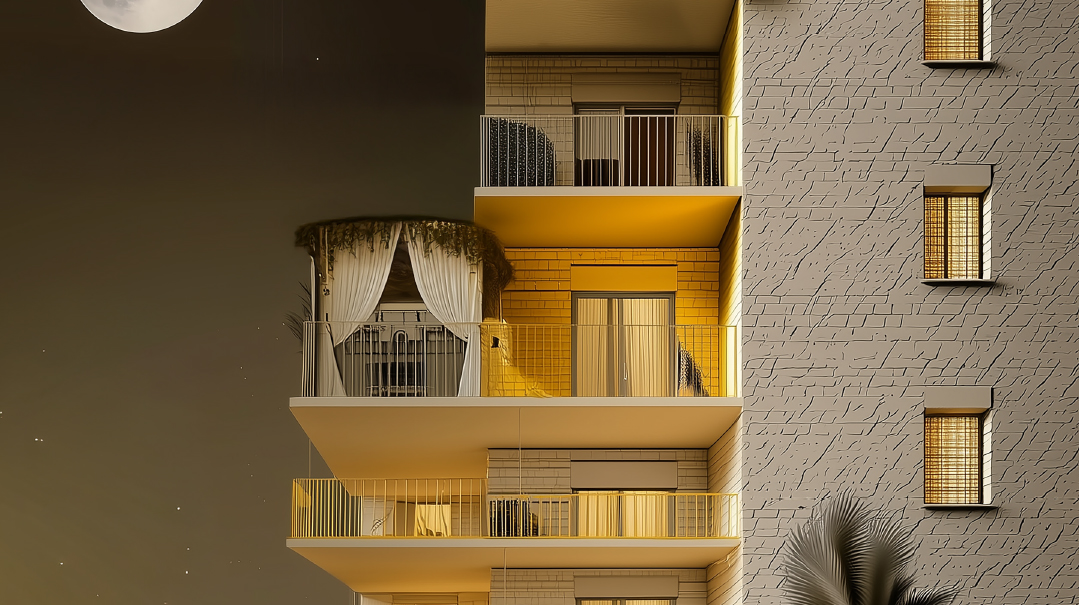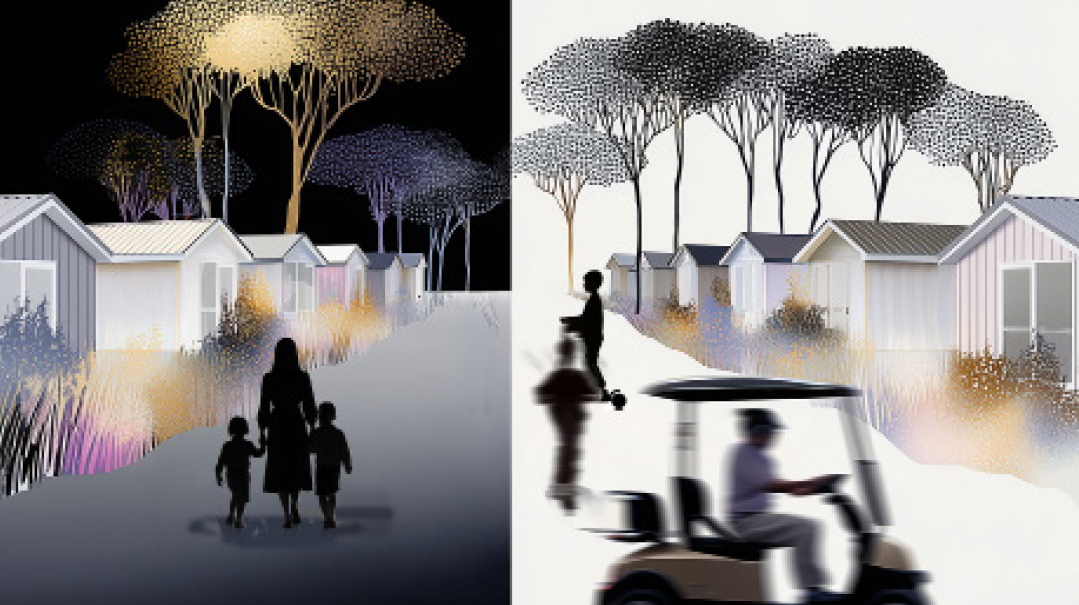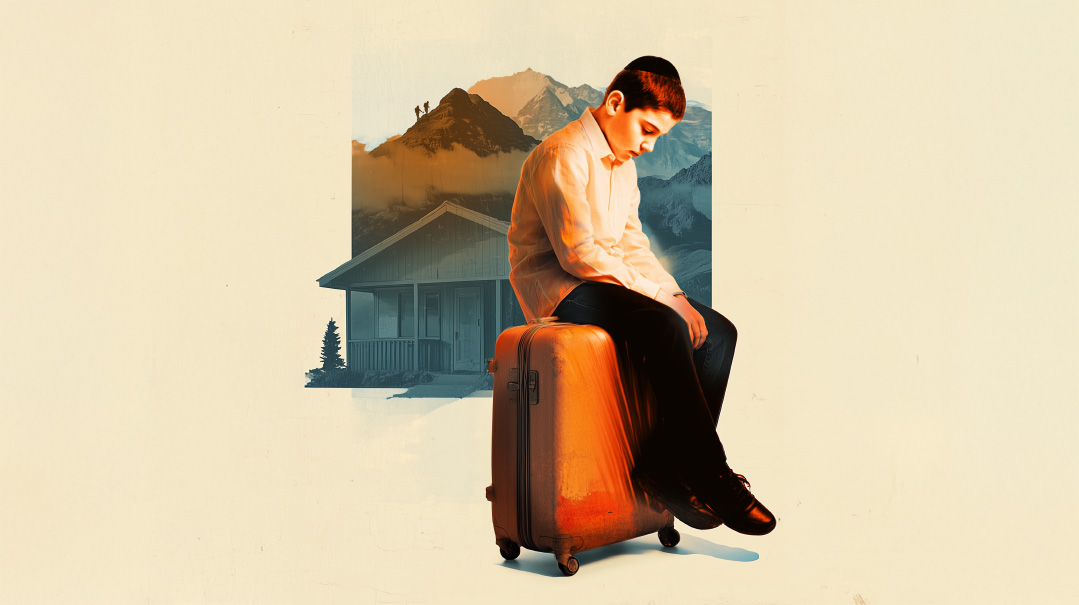Not in My Backyard
| December 21, 2021Who parked these OTD teens in my sheltered backyard?

Dov: I admire your work, but not at the expense of my children’s chinuch.
Zalman: This is a communal responsibility, not just my private endeavor.
DOV
Ironically, on the morning that everything began changing, I was on the phone with my good friend Chaim, trying to convince him to join us.
“Seriously, you won’t find another community out there that’s got everything we have,” I told him. “The warmth, the unity, the solid hashkafos, great schools, suburban lifestyle, slower pace, less peer pressure and materialism — all the benefits of out-of-town, and we’re barely half an hour away from the center of everything. My wife shops in Brooklyn all the time, we’re literally right here, but can you imagine, we have parking whenever we need it.” I chuckled at my own joke.
Chaim gave a dutiful laugh as well. “Okay, I hear you,” he said, not sounding enthusiastic. “I’ll discuss it with my wife. She’s really set on Lakewood, but the housing there…” He sighed deeply, and I quickly continued my pitch, extolling the affordable, spacious housing options here in Oaklands.
“It’s homogeneous, too,” I added. “All the families are real bnei Torah, just like us.” I held my breath, but Chaim kept any ready retorts to himself. He knew I was sensitive about this. Coming from a more modern background and having flipped out in yeshivah, I loved my new lifestyle, but was never sure if I’d mastered the nuances and social codes everyone else just seemed to get so effortlessly. “It’s mamesh expanding, people are moving in every day,” I added. “There were a few houses on my block sold recently. In fact,” I said, looking out the window, “I see a moving truck just opposite. Looks like there’s a new neighbor moving in today.”
I hung up with Chaim, after assuring him I’d keep an eye out for any For Sale signs nearby, and headed out to greet my new neighbor.
He was busy and distracted, trying to give instructions to the movers, but he stopped for a minute to shake hands and introduce himself as Zalman Mann. Watching the movers for another minute, I realized he’d bought two houses. Noting my quizzical look — this wasn’t the kind of place where people knocked down houses and built mansions in their place — he explained.
“One’s for my family, one’s for my boys,” he said. “The boys, you know, they’re kind of family too, but I mean my yeshivah. It’s a small place, 10, 12 guys, but we still needed something bigger than we used to have.” He gave a self-effacing shrug. I stared. So this young guy — what, mid-thirties? — was some kind of rosh yeshivah?
“Where were you based until now?” I asked.
“Flatbush.” He smiled, white teeth gleaming. “I think the move will be good for everyone.”
I wasn’t sure. A yeshivah, on our block? Who, exactly, were the rebbeim? What kind of boys were these? Why did my gut say that this was bad news for us?
As it turned out, Rochie got the first glimpse of “the boys,” during one of her late-night power walks.
“Dov,” she said, coming into my study with a strange look on her face. I looked up from my sefer. “Dov, Mann’s yeshivah, or whatever he calls it, has arrived.”
I sat bolt upright. “Nu?”
She sat down heavily into a chair. “We-e-ell, I guess you could say they don’t look very yeshivish,” she said slowly. “I mean, they were wearing T-shirts and shorts and stuff. I didn’t see, like, tzitzis, even. And they were all using smartphones, of course.”
My brow furrowed. As a community, we were very careful about technology use. Shul membership and school acceptance were based on certain commitments, and open Internet was a total no-no. It was one of the main reasons we’d moved here. We wanted to give our children the opportunity to grow up with as little outside exposure as possible. And now we’d have a yeshivah of struggling bochurim as our neighbors? How was that going to affect our careful chinuch?
The kids, of course, didn’t take long to pick up on it.
Oops! We could not locate your form.






